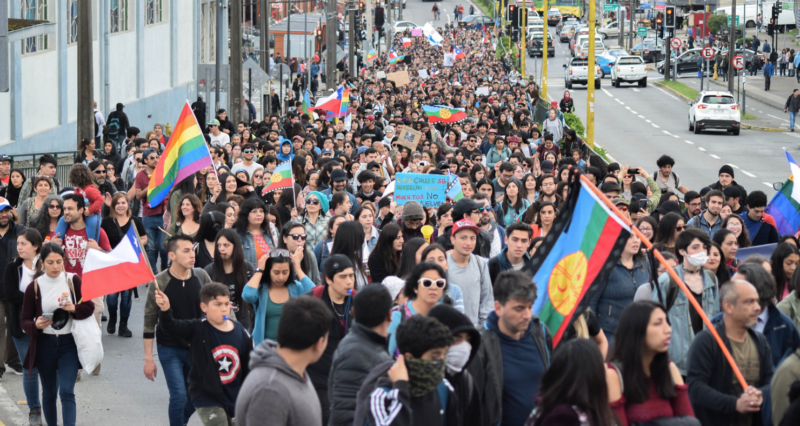Rising Brazil: The Choices Of A New Global Power
What should we expect from a newly powerful Brazil? Does the country have the capacity and leadership to be a central actor in addressing critical global and regional problems?
2019 has been a tumultuous year for South America. In recent months, mass protests have swept across several countries, including major oil and gas producers Bolivia, Ecuador, Peru and Colombia. Protesters in these countries are disillusioned with corruption, anti-democratic practices, inequality and the rising cost of living.
In Argentina, facing deteriorating standards of living, voters rejected the business-friendly incumbent Mauricio Macri in favor of Peronist Alberto Fernández and his running mate and former president, Cristina Fernández de Kirchner, whose interventionist economic policies led to massive fiscal deficits and rampant inflation. The return of the Peronists in Argentina exemplifies another ongoing trend in the region: constant oscillation between a state-led development model and economic policies that seek a greater role for the private sector.
Political turmoil, social unrest and alternating economic models lead to a worrying lack of clarity over energy policy. In Argentina, it is unclear whether Fernández will revive previous economic policies of the Peronist party, known for its tendency to intervene heavily in the economy. There is significant risk of a return to the capital controls, export restrictions and subsidies that deterred foreign investment and shut Argentina out of international capital markets, preventing it from developing the vast Vaca Muerta shale oil and gas reserves.
In other South American countries, political and social turbulence generate tremendous uncertainty over the energy sector outlook. In Bolivia, Evo Morales, president from 2006 to 2019, nationalized the oil and gas sector upon taking office, though he had recently provided some investment incentives in an effort to stem the decline in gas reserves. But in November, Morales resigned when the military pulled its support for him amid evidence of electoral fraud, and now it is unclear who will be the next Bolivian president and how the new leadership will affect the energy sector. Ecuador and Colombia, in turn, had introduced policies to incentivize energy sector investment. And while it’s unlikely that their presidents will resign in the face of protests, both leaders have seen their popularity and credibility severely eroded, reducing their ability to further reform the energy sector. In many South American countries, particularly Colombia and Peru, there is also deep public skepticism of the oil and gas industry and its social and environmental impact on local communities. All of these factors suggest that oil and gas production will remain largely stagnant in these countries.
In contrast, Brazil and Guyana are likely to become among the world’s top sources of oil supply growth over the coming years. Brazil discovered the massive offshore pre-salt oil reserves over a decade ago. However, production growth was retarded by nationalist oil policies that overburdened state oil company Petrobras and sidelined major international oil companies. The current government has carried out policies that have brought substantial foreign investment to the oil sector. Although the country needs to implement further reforms to introduce market competition, Brazil is on track for major increases in oil and gas output. Guyana, for its part, is poised to become the region’s newest petrostate. The country has been slow to develop the institutions and laws needed to govern the new oil industry, and a recent political crisis has further delayed that process. Nonetheless, Guyana is set to become one of the region’s top oil producers.
[…]
What should we expect from a newly powerful Brazil? Does the country have the capacity and leadership to be a central actor in addressing critical global and regional problems?
President Lula da Silva triumphantly announced that he and his Turkish counterpart had persuaded Iran to shift a major part of its uranium enrichment program overseas—an objective that had previously eluded the US and other world powers. Washington, however, was not applauding.
At the Inter-American Dialogue, José Miguel Insulza described the events of September 30, in which Ecuadoran police brought the country to a standstill after they rioted and trapped President Rafael Correa in a Quito hospital for several hours.
 cameramemories / flickr / CC BY-NC 2.0
cameramemories / flickr / CC BY-NC 2.0